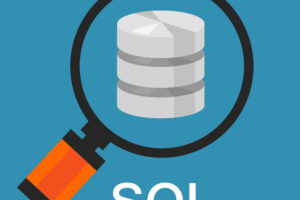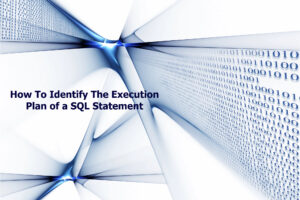What is OCI?
OCI stands for Oracle Cloud Infrastructure. It is Oracle’s cloud computing platform, a competitor to AWS, Azure and Google Cloud. OCI provides a broad suite of cloud services to help businesses and organizations run various workloads and applications in the cloud. It provides Oracle Database in two models, Autonomous Database (ADB) and DB System.
Data Centers are located around the globe, making it suitable for various use cases, from small-scale applications to enterprise-grade solutions.
Some of the primary features include:
- Compute: OCI offers multiple compute options, including virtual machines (VMs) with customizable configurations, bare metal instances for high-performance computing, and GPU instances for graphics-intensive workloads.
- Networking: OCI provides Virtual Cloud Networks (VCNs) that allow users to define their own network topology, along with subnets, security rules, and VPN connections to securely connect on-premises data centers to the cloud.
- Storage: OCI offers various storage options, including block storage, object storage, file storage, and archive storage, catering to different application and data storage needs.
- Databases: OCI provides managed database services for Oracle Database, MySQL, and NoSQL databases, offering high availability, automated backups, and scalability.
- Security: OCI incorporates robust security features such as Identity and Access Management (IAM) for access control, Virtual Private Cloud (VPC) for network isolation, and native encryption for data protection.
- Analytics and AI: OCI offers services for data analytics, machine learning, and big data processing, enabling businesses to derive valuable insights from their data.
- Developer Tools: OCI provides tools and services for developers, including APIs, SDKs, and a range of development environments for building and deploying applications.
- Integration and Management: OCI offers services to integrate with existing on-premises infrastructure and other cloud providers, as well as tools for monitoring, logging, and managing resources.
New services and features are still being added.



